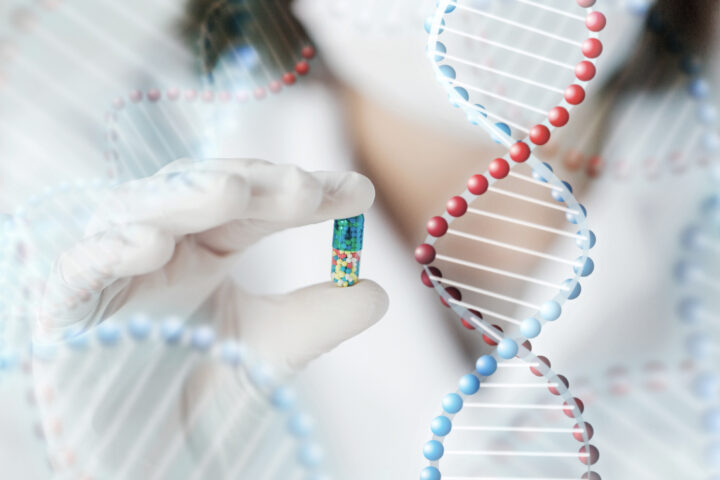The dream of reversing aging is no longer confined to science fiction—it’s becoming reality, thanks to advances in biotechnology. From gene therapy and epigenetic reprogramming to AI-driven drug discovery, researchers and companies worldwide are pushing the boundaries of what it means to age. This article dives into the latest developments in anti-aging therapies, exploring how these innovations are not just extending life but enhancing its quality.
Altering DNA Without Damaging It
One of the most exciting frontiers in anti-aging research is epigenetic reprogramming. This technique, pioneered by scientists like Nobel laureate Shinya Yamanaka, involves resetting cells to a more youthful state by manipulating their epigenetic markers. Companies like Life Biosciences are leveraging this approach to address age-related conditions by reprogramming the epigenome of older cells. Their platform, which includes the use of Yamanaka factors, aims to reverse cellular aging in targeted tissues, potentially restoring youthfulness to damaged cells and improving overall organ function (Labiotech.eu).
Another notable player is New Limit, which focuses on epigenetic reprogramming therapies to treat age-related diseases. The company raised $40 million to explore ways to revert cellular aging, targeting major health issues like heart disease and neurodegenerative conditions (Labiotech.eu).
Rewriting the Code of Life With Gene Therapy
Gene therapy is also a major player in the anti-aging landscape. Genflow Biosciences is using adeno-associated virus (AAV) vectors to deliver copies of the SIRT6 gene, which has been linked to longevity in centenarians. This therapy aims to slow the aging process in both humans and animals, including dogs, by enhancing the body’s ability to repair DNA and combat age-related diseases (Labiotech.eu).
Similarly, Harvard and MIT researchers have made significant strides in gene therapy, developing techniques to reprogram cells at a genetic level, potentially offering a whole-body rejuvenation approach. This method has shown promise in animal studies, rejuvenating tissues and reversing age-related damage without the need for invasive procedures (SciTech Daily).
AI-Driven Drug Discovery Will Cure Aging
Artificial intelligence is transforming how we understand and treat aging. BioAge Labs, for instance, uses AI to analyze decades of human health data, identifying key molecular targets associated with longevity. One of their promising developments is an NLRP3 inhibitor, a compound that addresses inflammation-driven aging, which is linked to a variety of age-related diseases including cognitive decline and frailty (Longevity Technology).
BioAge’s approach exemplifies the power of AI in accelerating drug discovery, rapidly moving from target identification to clinical trials. This innovative pipeline highlights the potential for AI not only to find novel therapies but also to refine existing ones, offering a data-driven roadmap to extended healthspan and enhanced quality of life (Longevity Technology).
The “Reborn” Pavilion at the World Expo 2025
The global importance of anti-aging medicine will be on display at the World Expo 2025 in Osaka, Japan. The event will feature a pavilion called “Reborn,” which will showcase the future of aging and longevity. This exhibit aims to educate the public about emerging biotechnologies and the promise they hold for extending healthy lifespan. Visitors will have the opportunity to measure their biological age and learn about potential future healthcare technologies that could redefine what it means to grow old (Nature).
A Future Where Aging Is Optional?
While anti-aging biotechnology is still in its early stages, the rapid pace of innovation suggests that significant breakthroughs are on the horizon. From epigenetic reprogramming to AI-driven drug discovery, these technologies promise not just to extend life but to improve the quality of those extra years. As these therapies advance through clinical trials and into real-world applications, the prospect of living well beyond 100 may soon be less of a fantasy and more of a common reality.
Sources
- Eight anti-aging biotech companies on a mission to extend lives
- How anti-ageing medicine could extend our lives
- Rejuvenation by controlled reprogramming is the latest gambit in anti-aging
- Age Reversal Breakthrough: Harvard/MIT Discovery Could Enable Whole-Body Rejuvenation
- Longevity biotech: ‘This is still just the beginning’












